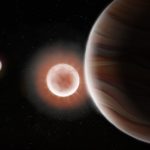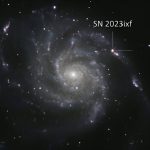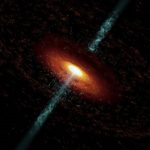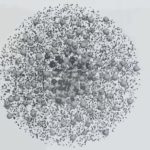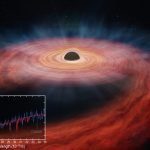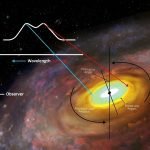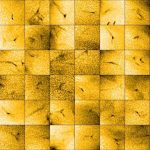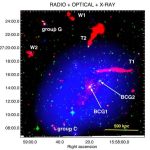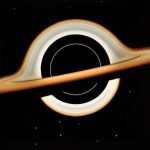This newly discovered planet has longest orbit yet detected by the TESS mission
The frosty gas giant was discovered in a system that also hosts a warm Jupiter.
Of the more than 5,000 planets known to exist beyond...
How a backyard stargazing party accidentally found a new exploding star
On a casual night in May, Alex Filippenko, a professor of astronomy at UC Berkeley, was showing off star clusters and galaxies at a...
The early universe should be awash in active galaxies, but JWST isn’t finding them
For decades the most distant objects we could see were quasars. We now know they are powerful active black holes.
Active galactic nuclei so distant...
Scientists discover giant ‘clouds’ blocking X-rays in a distant galaxy
Did you know that at the center of big galaxies, there's a massive black hole?
These aren't just any black holes; they're "supermassive."
Some of these...
How a black hole swallowed and spat out a star’s remains
Have you ever wondered what happens to a star that gets too close to a black hole? Astronomers from the University of Michigan have...
Astronomers spy on the outskirts of a black hole for the first time!
Imagine a supermassive black hole sitting at the center of a far-off galaxy.
Around this black hole, there’s a spinning whirlpool of gas and dust...
Tiny jets may be the secret to solar wind, study finds
The sun constantly sends out a stream of charged particles, which we call solar wind. This wind travels across space and sometimes bumps into...
Scientists detect new component of radio halo in a galaxy cluster
Imagine a cluster of galaxies as a jigsaw puzzle, but not just any puzzle. It's one of those 1,000-piece challenges where every piece is...
Magic number 22: the minimum crew for a Mars colony
Ever daydream about living on Mars? With all the talk about sending people to the Red Planet, you're not alone. Scientists are also brainstorming...
James Webb Space Telescope survey shows fewer supermassive black holes than we thought
You know how space movies always show black holes as these scary, all-consuming monsters?
Well, scientists have been using a really powerful telescope to look...

